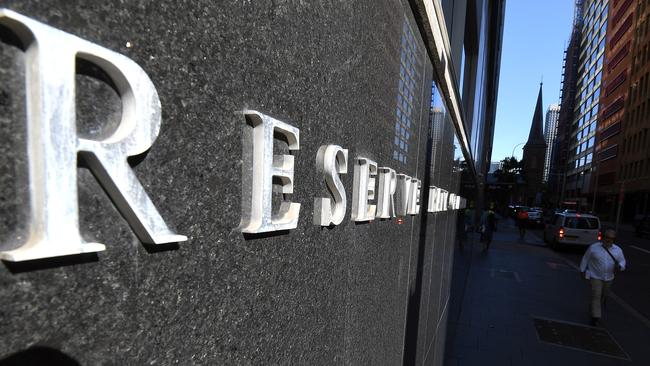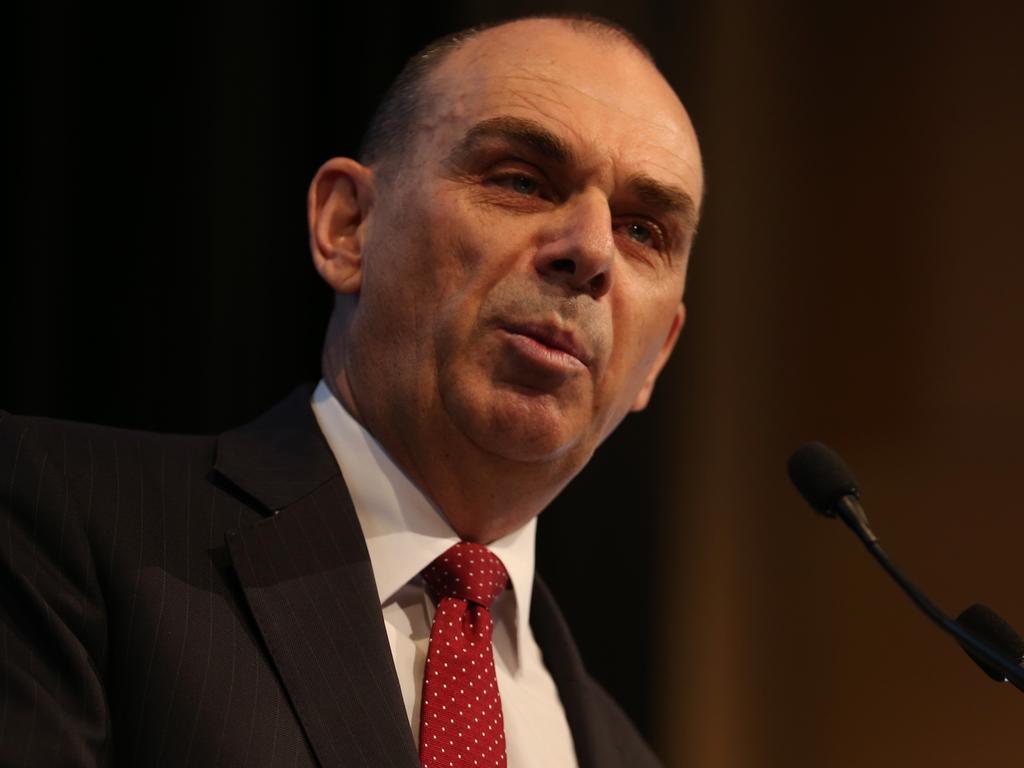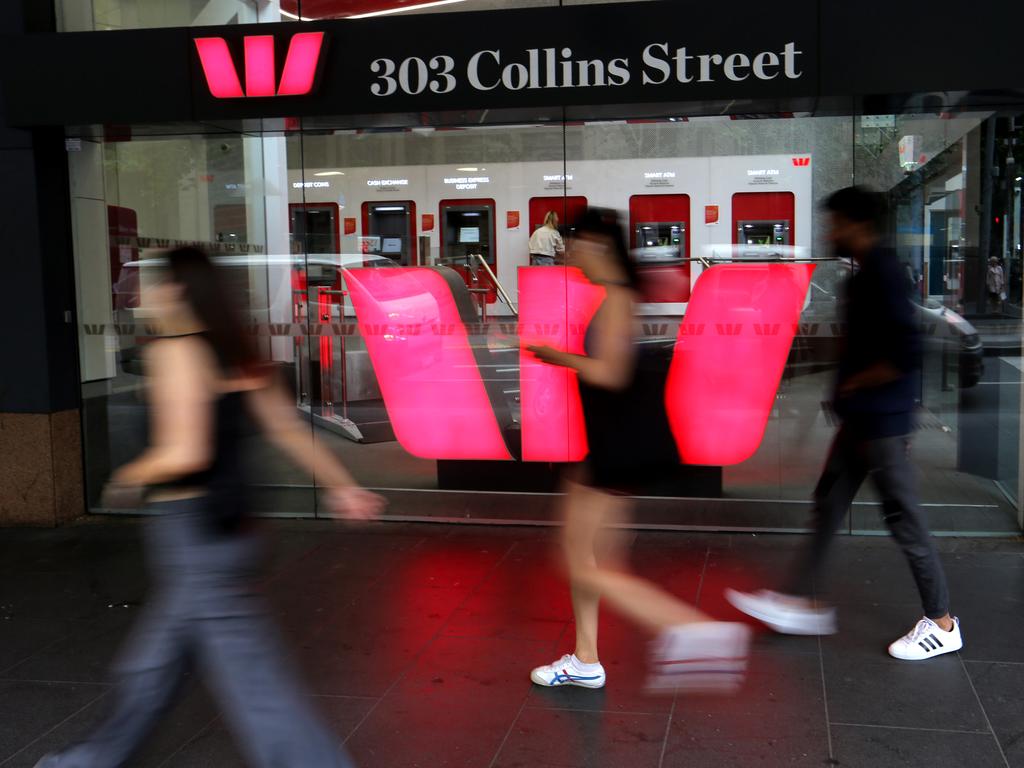Reserve Bank saw ‘elevated’ cash withdrawals as virus crisis worsened
RBA saw temporary ‘elevated demand’ for cash, including $1m withdrawals the COVID-19 crisis worsened.

The Reserve Bank saw early signs of a run on banks in the last two weeks of March, with some customers pulling out millions of dollars in cash, which caused the central bank to work with local lenders and cash-in-transit firms to stock up cash supplies in branches.
According to the RBA’s financial stability review released on Thursday, the “elevated demand” for cash withdrawals as financial markets tanked due to a ratcheting up of government coronavirus shutdowns has “since abated”.
But the central bank warned that if the economic downturn is “severe” and lasts for longer than 12 months with unemployment rising beyond 10 per cent, the Australian banking sector would breach its minimum capital thresholds.
“Top-down stress tests indicate that even if there is no economic recovery in the second half of 2020 (so that asset quality issues grow) banks will remain above their minimum capital ratios, although they may need to make use of their capital conservation buffer,” the RBA said.
“Reverse stress tests’ – which estimate the magnitude and duration of stress that would result in banks breaching various capital thresholds – suggest that Australian banks would only breach their prudential minimums if a severe downturn lasts for at least 12 months, with the unemployment rate rising by more than 10 percentage points.”
This week the Australian Prudential Regulation Authority recommended the banking and insurance sector rein in plans for dividends, which has already resulted in Bank of Queensland deferring its profit payout to shareholders.
That came after APRA said banks would be allowed to dip into their “unquestionably strong” capital buffers if needed, as long as they stay above the lesser, minimum capital requirements.
“Australian banks are well placed to withstand this current period of stress,” the RBA said.
“Bank profitability has been very healthy leading into this period, and bad debt charges have been historically low. As a result, banks can absorb a large increase in bad debts before making a loss. Stress tests suggest that Australian banks’ strong capital positions and profitability should enable them to withstand a reasonably prolonged period of economic contraction without breaching their prudential minimums.”
During the global financial crisis the government passed laws guaranteeing all deposits under $250,000 to prevent a run on the banks, a panic situation where too many customers at once seek to withdraw their savings out of a fear the system will financial system or an institution collapse.
However, this did not prevent a number of Australians from withdrawn significant amounts of cash as the COVID-19 pandemic gripped financial markets in late March.
“Over-the-counter withdrawals of cash from banks were elevated over the second half of March as some customers with large balances sought to hold precautionary funds,” the RBA said.
“This included a small number of customers making very large withdrawals (more than $100,000, and in some cases into the millions of dollars).
“The Reserve Bank worked closely with the large banks and cash-in-transit companies to ensure branches had sufficient cash supplies. The focus of this work was on the logistics of moving cash to the right places as there was adequate total supply. The elevated demand has since abated.”
The central bank has launched a number of programs to shore up the financial system in recent weeks, including the injection of billions into short-term money markets, opening a $90 billion short-term funding facility for the banking sector, and ploughing almost $40 billion in the government bond market.
The Morrison government has also splurged $200 billion on programs including wage subsidies, small business support and securitisation market funding, while also opening up superannuation savings to laid off workers.
“The COVID-19 pandemic brought to an end an extended period of stable (but only moderate) growth, low inflation, and low financial market volatility,” the RBA said.
The central bank said because of the high levels of household debt and elevated house prices, many households would find their finances “under strain” during the economic shutdown designed to prevent further spread of the pandemic.







To join the conversation, please log in. Don't have an account? Register
Join the conversation, you are commenting as Logout